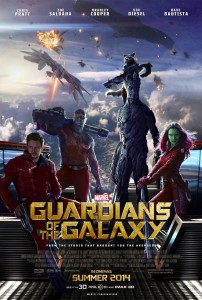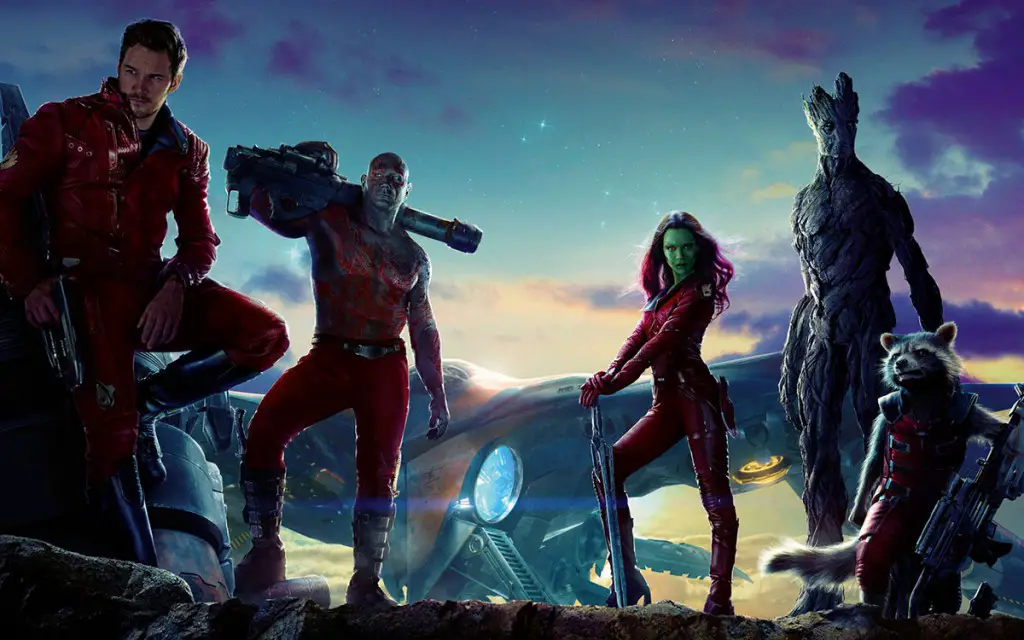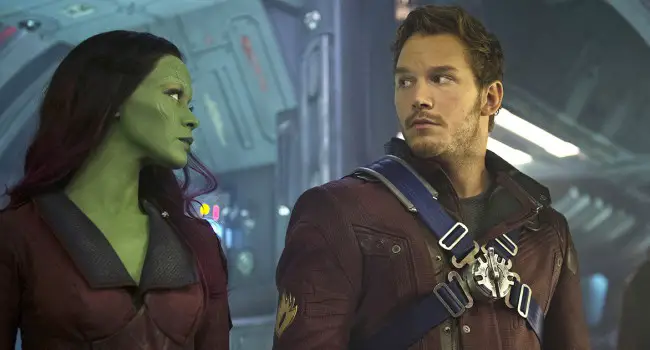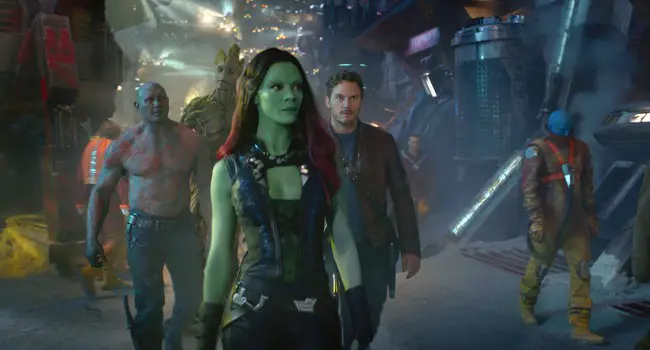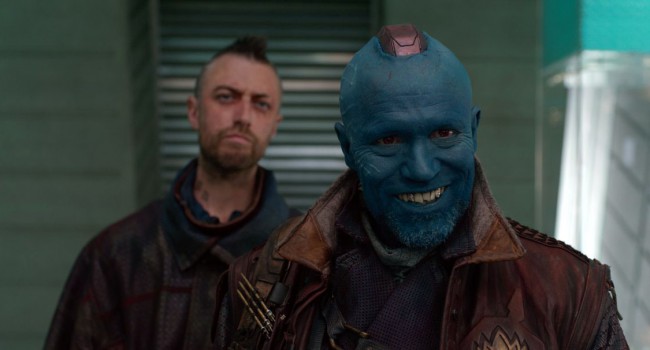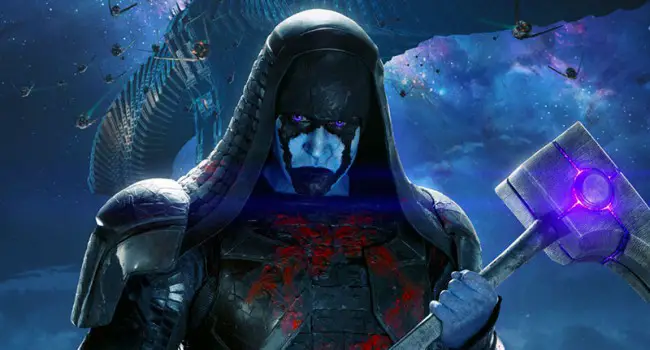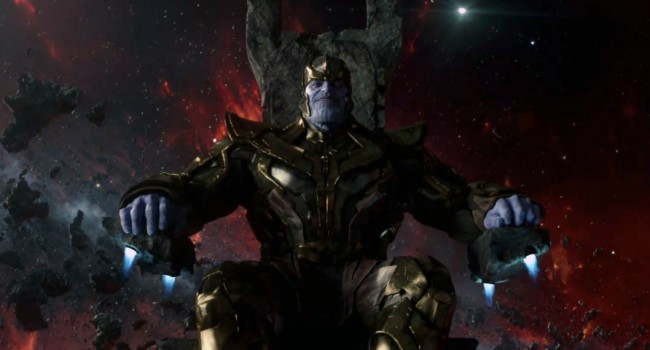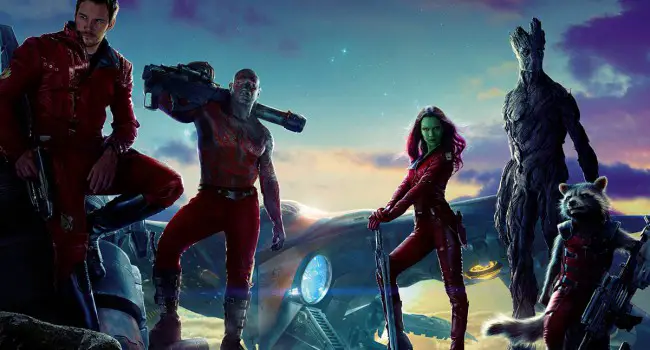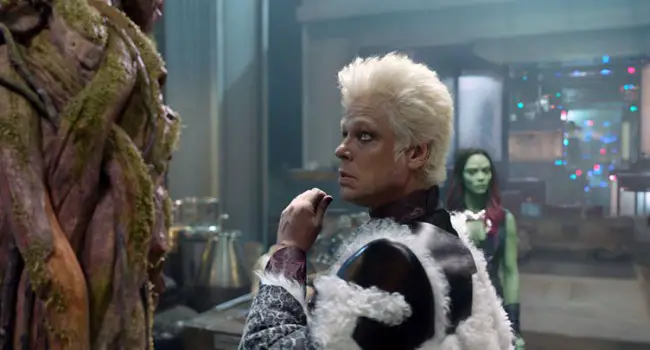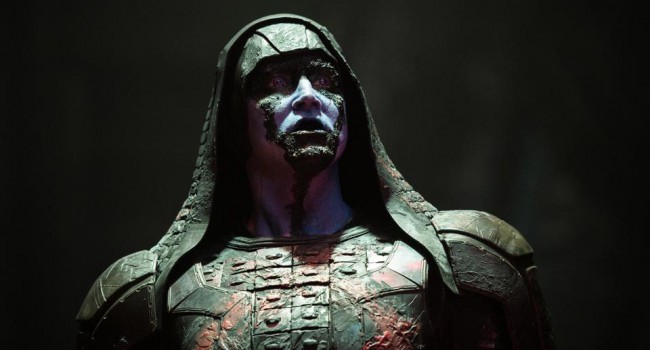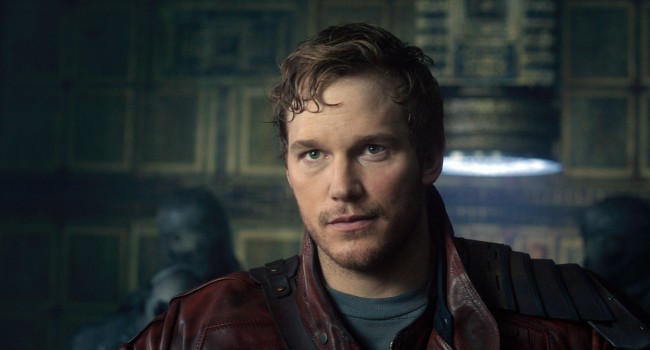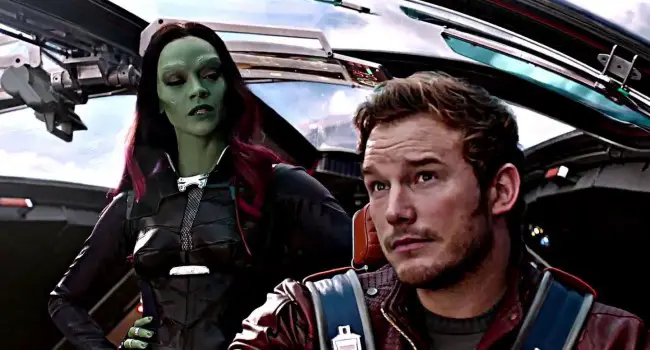The Marvel-Universe-inspired Disney movies can definitely add another big score to their roster: we’re talking about Guardians of the Galaxy, the highly-acclaimed adaptation of the 2008 graphic novel with the same name by Dan Abnett and Andy Lannind, which was also a reboot of the series originally published on Marvel Super Heroes magazine since 1969. The story focus around the journey of Peter “Star Lord” Quill, kidnapped and raised by alien marauders and eventually grown as a space adventurer himself, forced against his will to face a fearsome intergalactic menace threatening the whole universe: during his quest, built upon the evil schemes of the cosmic being known as Thanos, he’ll receive the help of an light-hearted crew of strante anti-heroic alien characters such as the green-skinned fighter Gamora, the vengeanceful Drax the Destroyer and, last but not least, an improbable bounty hunter duo featuring the space-racoon Rocket and an animated tree plant known as Groot.
The complex task of bringing the adventures of Star Lord to the big screen is put on the shoulders of the director James Gunn, enfant-prodige of Troma Entertainment, talented writer of many good script in the past (such as Jack Snyder‘s Dawn of the Dead) and undisputed author of a no-less-than outstanding independent superhero movie (Super, 2010), which is sadly still unpublished in Italy. The pick hardly proved to be wrong: Guardians of the Galaxy is ramping up the box office worldwide, with a whopping 760 milion dollars income out of its 170 mlns budget.
The huge amount of success is most likely related to the well-known, proved formula shared between almost any Disney-powered Marvel Studios movie which came out in the latest few years: throwing away the complexity, the dark mood and most of the serious stuff while keeping (and mostly re-imagining) the funny and ludicrous aspects while. And, most importantly, doing all this in a pretty damn good way. The movie is funny, gag-driven and sometimes even crazy, but never dull. The dialogues are purposely brilliant and often packed with over the top lines, but hardly redundant or preposterous. Nonetheless, the mood between the movie and the comic book ends up to be undoubtely different, and might even turn the old-school comic book fan’s nose: that’s where the huge amount of quotes, references and for-fans-only goodies comes to the rescue, paying its humble respects to the source. And, being old-school fan ourselves, we have to say it works really well.
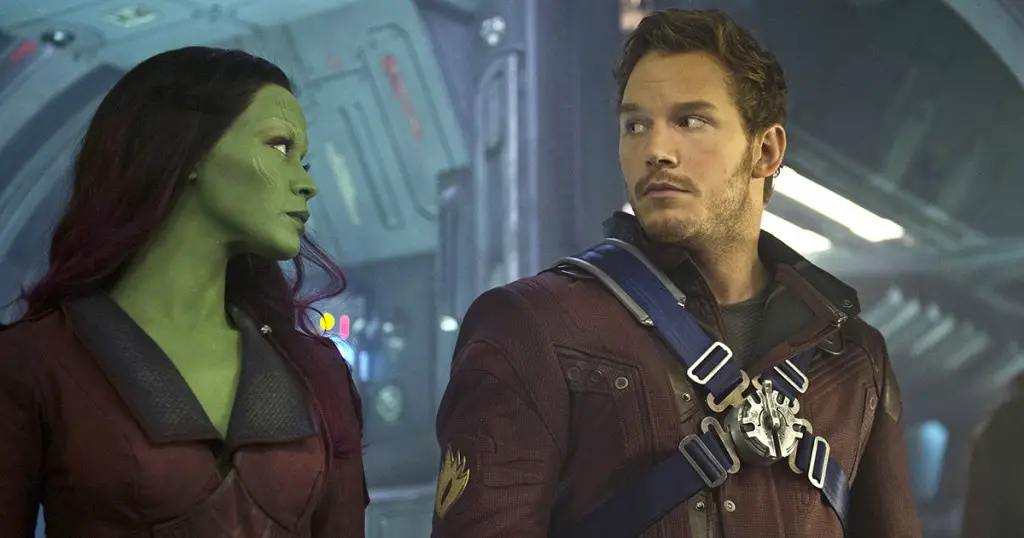
It’s pretty noticeable here that the director James Gunn partially inherits the already taken path of its Disney-oriented colleagues (we’re talking about The Avengers by Joss Whedon, Winter Soldier by Anthony e Joe Russo, Thor: The Dark World by Alan Taylor), bringing the technique some steps further towards that unexplicable sci-funtasy adventure mix which made the fortune of everlasting classics such as the first Star Wars trilogy and the early Indiana Jones movies. We can’t avoid noticing how much Raiders of the lost Ark can be found in Gunn’s movie prologue – no wonder it was set during the eighties – as well as the analogies between the Milano, the Star Lord space vessel, and the legendary Millennium Falcon. Not to mention the emotional, “speechless” role played by Groot and its interation with Rocket which kinda reminds the growls of Chewbacca and their consequent understanding by Han Solo. And we could go on. Choices that are proved to be successful just because, in a certain way, are mostly there to pay their respects to a language these movies used to have and that was able to satisfy both children and adults before it was replaced, sometimes by the guilty hand of its same inventors, by the computer graphic and special effects concerto which dominated the sci-fi genre during the last 20 years.
Despite continuosly looking back, James Gunn makes a great effort to bring all the newcomers into the fun, with an overwhelming baroque cinematography, an extensive use of CGI effects (Groot and Rocket are completely digital characters) and a fair amount of explosions making the movie hardly outdated in any way and, most importantly, for any eye which is not old (or not interested) enough to notice all the respects paid to its praised ancestors.
With such good box-office results we wonder if some Disney manager is already regretting the choice of not having put the most important recently acquired Disney franchise into the capable hands of James Gunn: we’re obviously taking about Star Wars, expected in 2015 and currently entrusted to J.J. Abrahms and Lawrence Kasdan. Regardless of what they’re planning to pull out, they’d better watch this movie at least once.
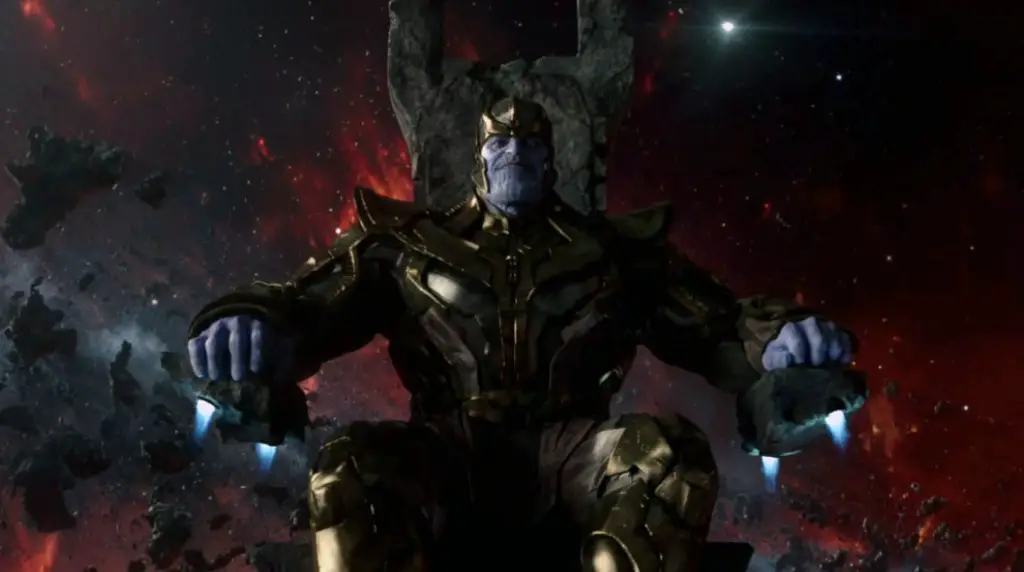
The only distress for the old-school Marvel comic book reader is the awareness that such undisputed triumph of this “mostly comic cinecomic” genre will most likely put out of the table every hypotesis linked to the cinematographical debut of the many adult-themed, complex and sometimes gruesome stories featured by Marvel during its prolific Modern Age of Comic Books which would also deserve their fair tribute onto the big screen: we’re talking about undisputed masterpieces such as the dark-apocaliptic Thor by Walt Simonson, the deep and harsh hard-boiled feeling of Frank Miller‘s Daredevil (Born Again, Elektra: Assassin), the tragic and mostly human Hulk by Peter David, up to the high-impact graphic novels published in the first batch of the 2000’s (Avengers Disassembled, Civil War and many more). Not to mention the many outstanding mutant sagas (The Brood, Dark Phoenix and most of the Chris Claremont works), whose rights are currently held by Universal Pictures and which could probably deserve more than the over-simplified, rather childish and not always inspired scripts of movies like First Class and Days of the Future Past.
All images used in this post are © Disney Pictures/Marvel Studios. All rights reserved. No copyright infringement intended.
